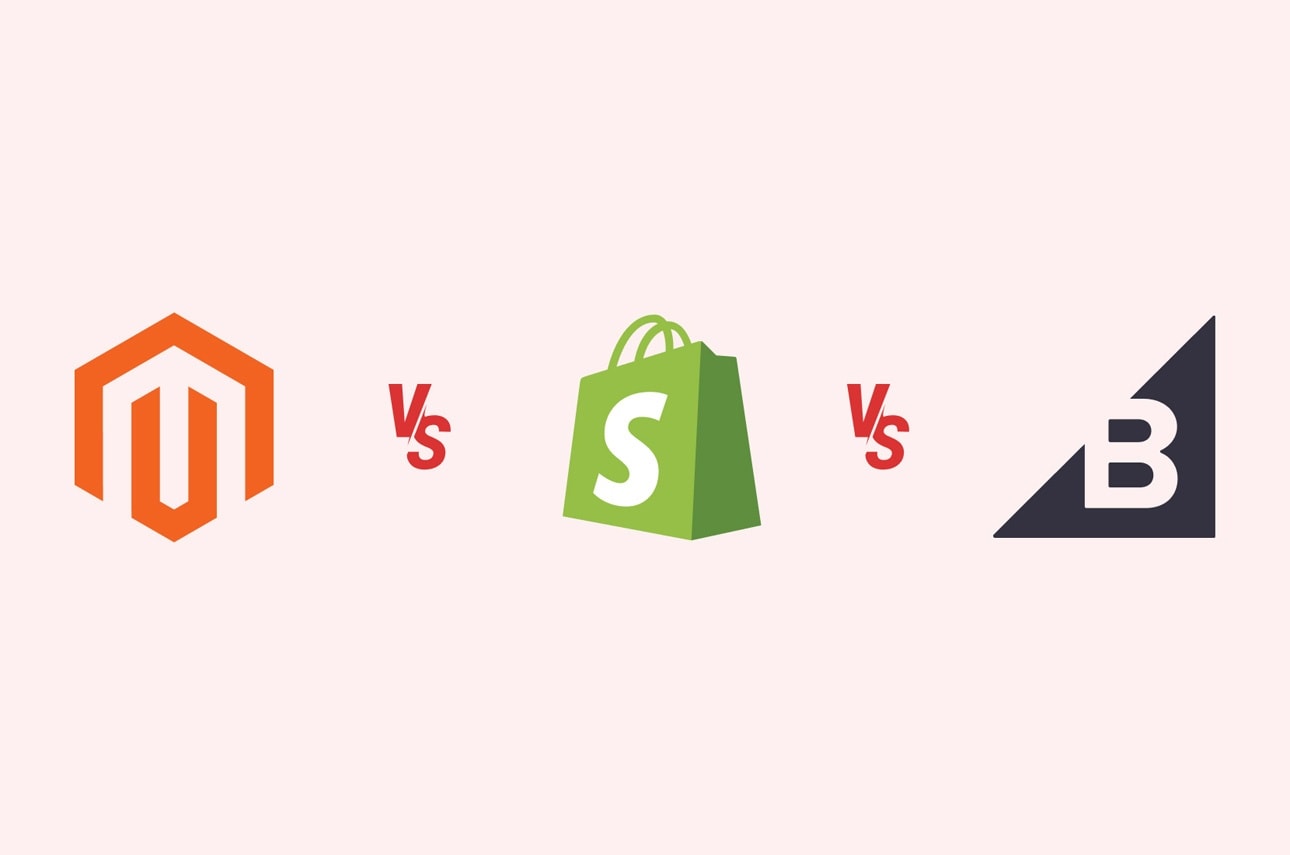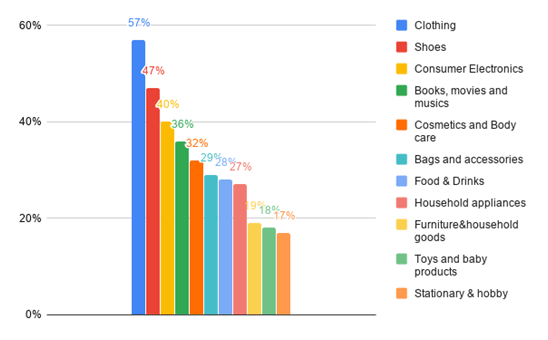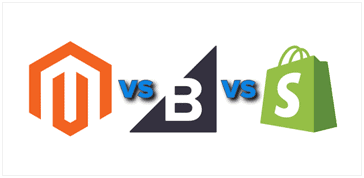How eCommerce Evolved - Magento Vs Shopify Vs Bigcommerce - Which One to Select and Why?
There is no wondering; today the eCommerce drives the world’s economy. But, this radical overhaul does not happen overnight. Over twenty years, e-commerce has changed entirely the retail culture. Ever since the inception of the World Wide Web in 1991, the revolutionized online shopping practice was lurking through the opening far away. From Pizza hut offering first ever online orders on their websites and Jeff Bezos selling his first ever book on Amazon in 1995 to mobile phones taking charges to initiate online purchases and PayPal introducing first ever online payment gateway services, the journey of ecommerce traits is going firm and still to grow larger.








